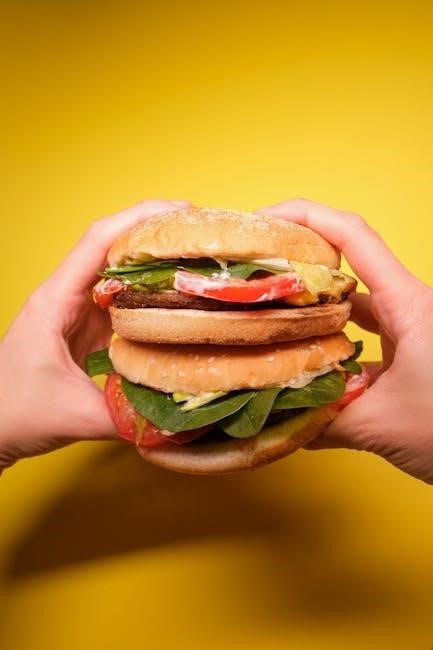The 800 Calorie HCG Diet Plan is an upgraded version of the original 500-calorie plan, designed to promote sustainable weight loss while reducing hunger and cravings. It incorporates the use of HCG hormone to target stored fat, allowing for a slightly higher calorie intake with the addition of breakfast and more snack options. This modernized approach focuses on balanced nutrition and medical supervision for safer and more effective results compared to the traditional plan.
Overview of the HCG Diet and Its Evolution
The HCG diet, originally developed by Dr. A.T.W. Simeons, is a weight-loss program that combines a very low-calorie diet (VLCD) with the use of the HCG hormone. Traditionally, the diet restricted calorie intake to 500 calories per day, focusing on rapid fat loss. Over time, the diet has evolved to address the challenges of the original plan, leading to the creation of the 800-calorie version. This updated plan, introduced by Dr. Lipman, aims to reduce hunger and improve sustainability while maintaining the core principle of using HCG to target stored fat. The 800-calorie plan includes breakfast and allows for more protein and snack options, making it more adaptable for modern lifestyles. This evolution reflects ongoing efforts to balance efficacy with comfort and long-term success.
Key Differences Between the 800 Calorie Plan and the Original 500 Calorie Plan
The 800-calorie HCG diet differs significantly from the original 500-calorie plan by offering a higher daily calorie intake, which reduces hunger and improves sustainability. Unlike the 500-calorie version, it includes breakfast, providing essential nutrients and energy from the start of the day. Additionally, the 800-calorie plan allows for more protein sources, an extra fruit serving, and a variety of snack options, making it more flexible for individuals with busy lifestyles. These enhancements aim to make the diet more enjoyable while still promoting effective weight loss through the use of HCG hormone to target stored fat. This updated approach addresses common challenges of the original plan, such as extreme hunger and limited food variety.
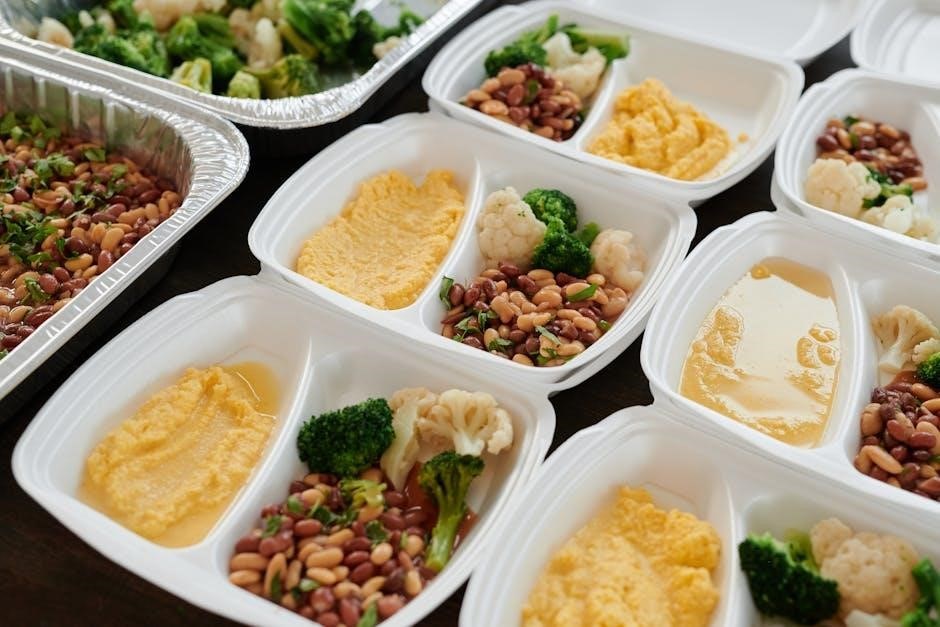
Phases of the 800 Calorie HCG Diet
The 800 Calorie HCG Diet is structured into phases, starting with a loading phase, followed by a 40-day weight loss phase with HCG injections, and ending with a transition to a 1200-calorie stabilization phase to maintain results and prevent regain.
Phase 2: The 800 Calorie HCG Diet (Days 3-40)
Phase 2 of the 800 Calorie HCG Diet spans from Day 3 to Day 40, during which participants follow a strict 800-calorie daily intake while continuing HCG injections or supplements. This phase focuses on rapid weight loss by combining the hormone’s fat-burning effects with a structured meal plan. Breakfast is introduced, which can include options like eggs, fruit, or a smoothie, providing more flexibility compared to the original 500-calorie plan. Meals are balanced with protein, vegetables, and limited portions of fruits and starches; HCG dosing typically stops around Day 23, but the diet continues to ensure fat loss and adaptation. Medical supervision is recommended to monitor progress and address any potential side effects, ensuring a safe and effective weight loss journey.
Phase 3: Transition to a 1200 Calorie Diet (Days 41-43)
Phase 3 of the 800 Calorie HCG Diet involves transitioning to a 1200-calorie diet from Days 41 to 43, marking the end of the HCG hormone phase. This period is crucial for stabilizing weight loss and preventing rebound weight gain. The diet focuses on high-protein, low-carbohydrate meals to maintain fat loss while gradually increasing calorie intake. Participants are encouraged to avoid high-sugar and high-starch foods, emphasizing whole, nutrient-dense options. This phase helps the body adapt to a more sustainable eating pattern, reducing the risk of overeating post-diet. Medical guidance remains essential to ensure a smooth transition and long-term success, making Phase 3 a pivotal step in achieving and maintaining a healthier weight.
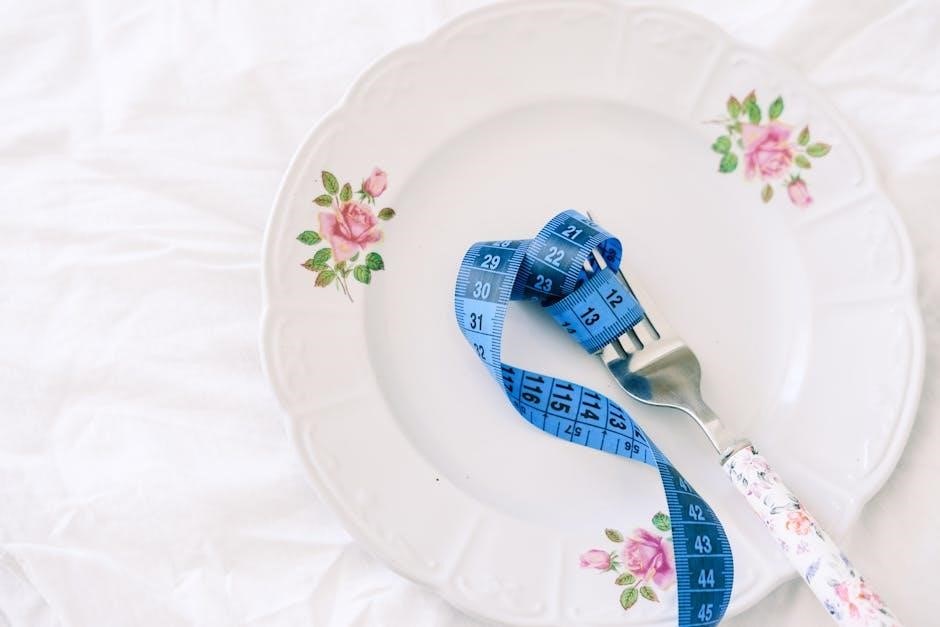
Meal Plan and Food List for the 800 Calorie HCG Diet
The 800 Calorie HCG Diet includes lean proteins, vegetables, fruits, and healthy fats, with portion control and calorie-specific meal plans designed to optimize weight loss safely.
Allowed Foods and Portion Sizes
The 800 Calorie HCG Diet emphasizes lean proteins, vegetables, and fruits, with strict portion control. Proteins include 100g servings of chicken, beef, or fish, while vegetables like spinach, broccoli, and cucumbers are unlimited. Fruits such as strawberries, oranges, and apples are allowed in moderation. Healthy fats like olive oil and avocado are included in small amounts. The diet restricts carbohydrates and sugars but permits low-calorie snacks like celery or tomato slices. Portion sizes are carefully measured to stay within the 800-calorie limit, ensuring balanced nutrition while promoting fat loss. Meals are structured to maintain energy levels and reduce hunger, focusing on protein-rich foods to support muscle retention and metabolism.
Sample Meal Plan for Weight Loss
A typical day on the 800 Calorie HCG Diet includes breakfast, lunch, snacks, and dinner, focusing on protein-rich and low-calorie foods. Breakfast might feature a fruit smoothie or an egg with a portion of fruit and coffee. Lunch could include grilled chicken breast (100g) with a mixed green salad and a small apple. Snacks like cucumber slices or a handful of strawberries are permitted. Dinner might consist of baked cod (100g) with steamed broccoli and a side of melon. Portion sizes are strictly controlled to maintain the 800-calorie limit, ensuring balanced nutrition while promoting weight loss and energy levels throughout the day.
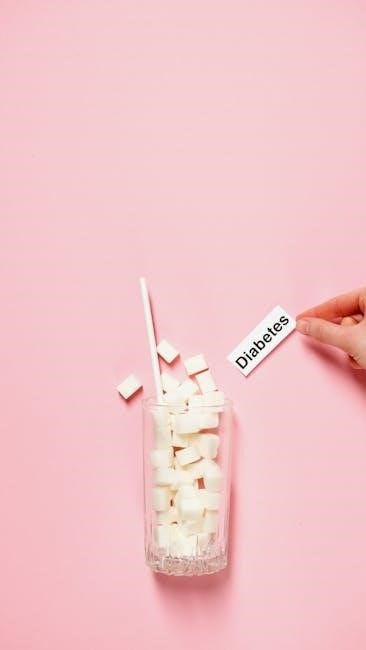
Safety and Considerations
The 800 Calorie HCG Diet poses risks like malnutrition and fatigue due to its very low-calorie intake. Medical supervision is crucial to mitigate these risks and ensure safe weight loss.
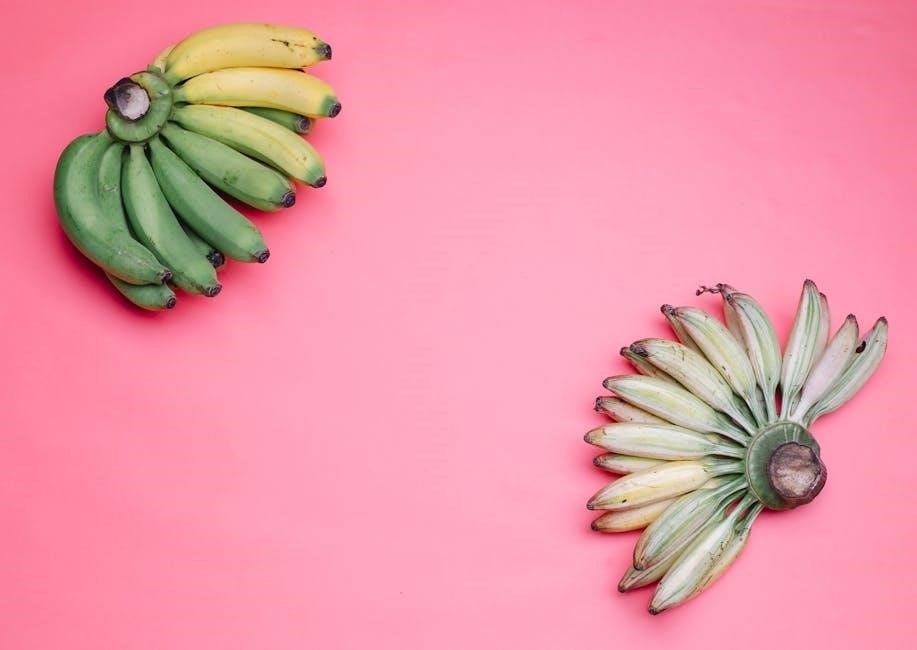
Risks and Contraindications of a Very Low-Calorie Diet
A Very Low-Calorie Diet (VLCD), such as the 800 Calorie HCG Diet, carries risks including malnutrition, gallstones, and electrolyte imbalances. Prolonged use can lead to muscle loss and fatigue. It is not recommended for long-term weight management and should only be followed under medical supervision. Individuals with certain health conditions, such as diabetes or heart disease, may need to avoid this diet. The restricted calorie intake can also result in nutrient deficiencies if not properly planned. Consulting a healthcare professional is essential to assess suitability and mitigate potential health risks associated with such a drastic calorie reduction.
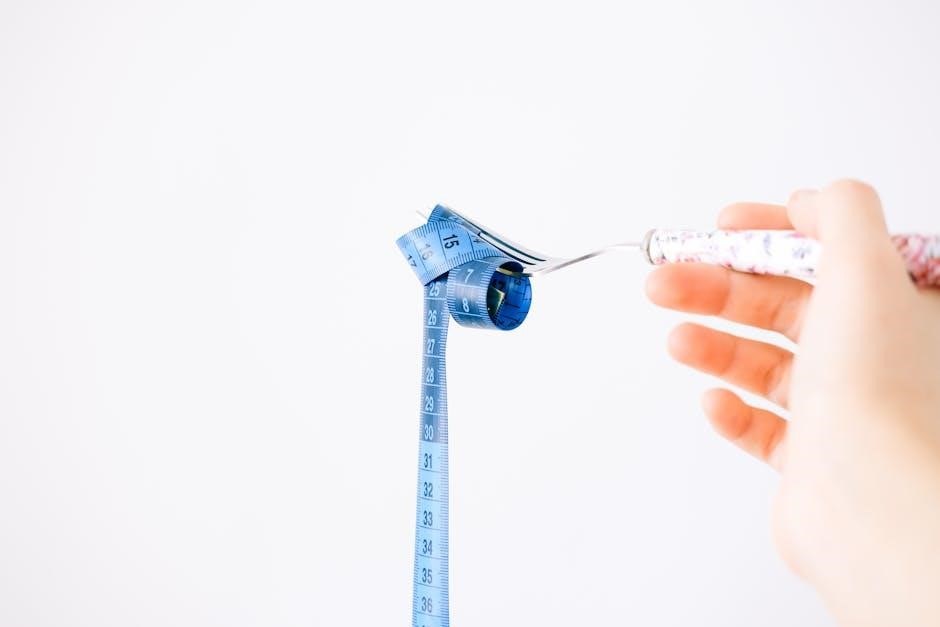
Importance of Medical Supervision
Medical supervision is crucial when following the 800 Calorie HCG Diet Plan, as it ensures safety and effectiveness. A healthcare professional can assess individual health conditions, such as diabetes or heart disease, to determine suitability for the diet. They monitor for potential complications like gallstones, electrolyte imbalances, or nutrient deficiencies. Regular check-ups help tailor the plan to specific needs, preventing excessive muscle loss or fatigue. Supervision also ensures adherence to the protocol, minimizing risks associated with rapid weight loss. This oversight is particularly vital for maintaining long-term health and achieving sustainable results, as the diet is classified as a Very Low-Calorie Diet (VLCD) and should not be pursued without expert guidance.
The 800 Calorie HCG Diet Plan offers a sustainable approach to weight loss with added flexibility. Transitioning to a 1200-calorie diet post-phase 2 ensures gradual adaptation. Consulting a healthcare provider for personalized guidance is essential for long-term success and safety. Consistency and patience are key to achieving and maintaining results.
Benefits of the 800 Calorie HCG Diet Over the 500 Calorie Plan
The 800 Calorie HCG Diet offers several advantages over the original 500-calorie plan, including reduced hunger and increased flexibility. By allowing more calories, it supports better nutrition and energy levels, making it easier to adhere to the diet long-term. The addition of breakfast and more snack options helps satisfy cravings and provides structure for busy lifestyles. This plan is particularly beneficial for individuals with higher weight loss goals or those who find the 500-calorie version too restrictive. Additionally, it promotes a more balanced approach to eating, which can lead to more sustainable weight loss results compared to the stricter, lower-calorie alternative.
Final Tips for Success and Sustainability
- Stay consistent with your calorie intake and HCG dosing schedule to maximize fat loss and avoid plateaus.
- Plan meals in advance to avoid temptation and ensure adherence to the diet plan.
- Stay hydrated by drinking plenty of water throughout the day to support metabolism and reduce hunger.
- Gradually reintroduce foods post-diet to maintain weight loss and prevent overeating.
- Seek medical supervision to address any challenges and ensure a safe, sustainable weight loss journey.

By following these tips, dieters can achieve their weight loss goals and maintain a healthier lifestyle long-term.
